Why did the Romans leave Britain? The end of an era
The end of Roman Britain happened when the whole Roman Empire started to decline.

The end of Roman rule in Britain marked an important era for the province. Roman authority ceased at different times and under varying circumstances across the region.
The province of Britannia was administered from its capital, Londinium (modern-day London). This governance extended over territories that included all of Wales and reached from the southern coast of present-day England up to Hadrian's Wall. At times, the border even advanced into Caledonia, marked by the Antonine Wall.
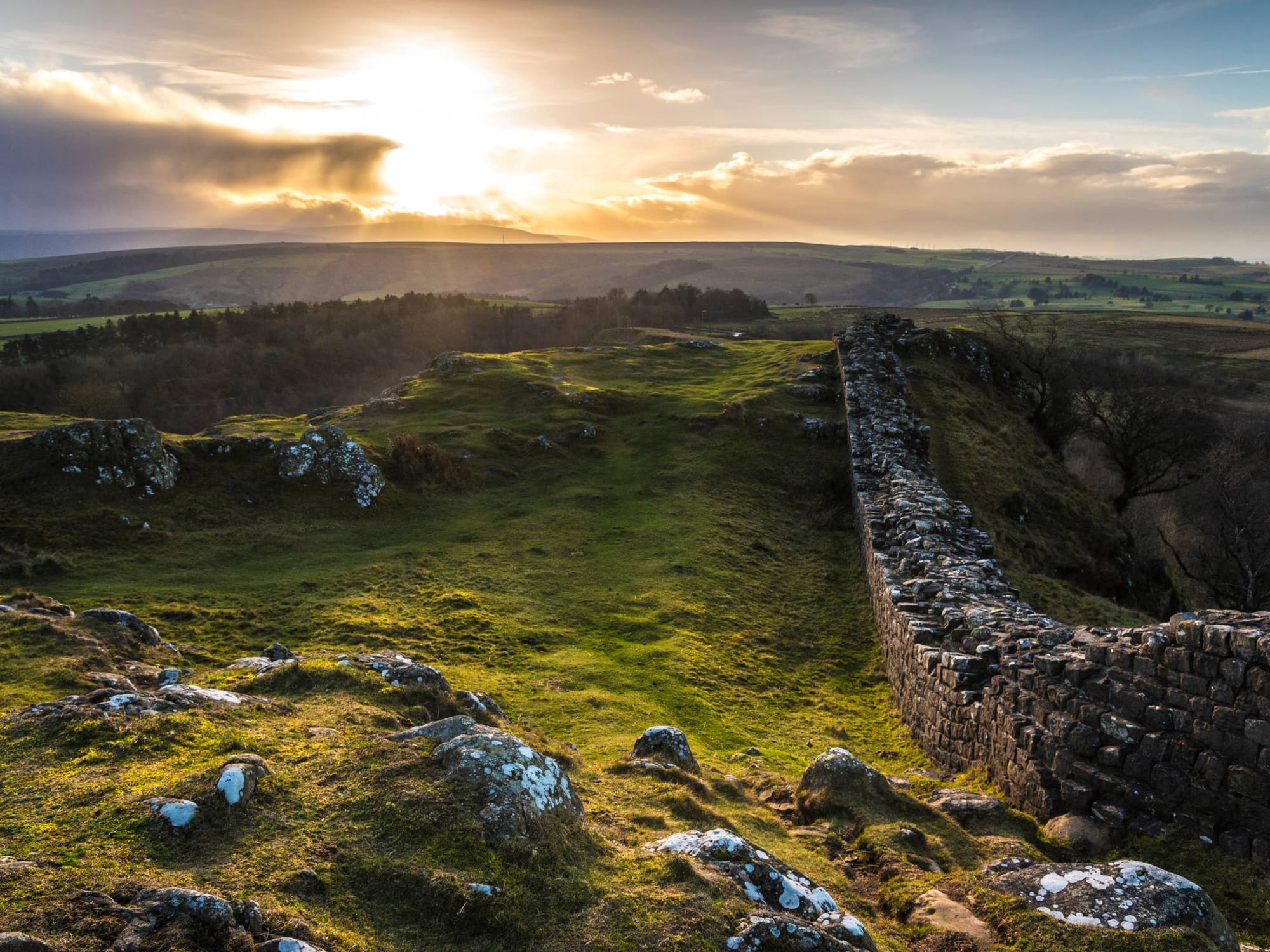
What was the reason behind the departure of the Romans?
The Romans ruled Britain for almost four centuries, from 43 CE until the early 5th century. Many commentators agree that the actions of Magnus Maximus marked the beginning of the end of Roman rule in Britain. In 383, he withdrew a significant portion of Roman troops when he declared himself Emperor and set off to confront Emperor Gratian on the continent. While this occurred well before the 5th century, it initiated a gradual process leading to the end of Roman control.
«At length also, as thickets of tyrants were growing up and bursting forth soon into an immense forest, the island retained the Roman name, but not the morals and law; nay rather, casting forth a shoot of its own planting, it sends out Maximus to the two Gauls, accompanied by a great crowd of followers, with an emperor's ensigns in addition, which he never worthily bore nor legitimately, but as one elected after the manner of a tyrant and amid a turbulent soldiery.
This man, through cunning art rather than by valour, first attaches to his guilty rule certain neighbouring countries or provinces against the Roman power, by nets of perjury and falsehood. He then extends one wing to Spain, the other to Italy, fixing the throne of his iniquitous empire at Trier, and raged with such madness against his lords that he drove two legitimate emperors, the one from Rome, the other from a most pious life.
Though fortified by hazardous deeds of so dangerous a character, it was not long ere he lost his accursed head at Aquileia: he who had in a way cut off the crowned heads of the empire of the whole world.
After this, Britain is robbed of all her armed soldiery, of her military supplies, of her rulers, cruel though they were, and of her vigorous youth who followed the footsteps of the above-mentioned tyrant and never returned. Completely ignorant of the practice of war, she is, for the first time, open to be trampled upon by two foreign tribes of extreme cruelty, the Scots from the north-west, the Picts from the north; and for many years continues stunned and groaning.»
Gildas, ADe Excidio et Conquestu Britanniae: On the Ruin and Conquest of Britain
(Gildas was a Romano-British monk: c. 500-570 CE)

Archaeological evidence does not support the idea that all Roman troops left with Maximus and never returned. However, it indicates that large areas of Britain, particularly Wales and the northern border regions, became largely undefended.
Gildas recounts how the Romans returned several times to assist the Britons against raids by the Picts and Scots. At least one or possibly two of these campaigns are corroborated by the early fifth-century writer Claudian, referring to the Roman commander Stilicho's campaigns in 396-398. In 407, a soldier from Britain named Constantine III followed Magnus Maximus's example, usurping the empire and taking many of Britain's forces with him.
It is traditionally believed that he may have taken almost all the remaining Roman troops from the island. However, this did not signify the end of Roman rule, as the administration remained. According to Zosimus, a significant event occurred in 409 when, due to the Romans' failure to protect them, the native Britons grew weary of the Romans' nominal rule and expelled the Roman administration from the island.
Zosimus again, writing in the early sixth century, records that in 410 Honorius sent a letter to the cities of Britain. In this letter, he informed them that the Romans could no longer offer protection, thus urging them to take responsibility for their own defense. The truth is that the letter, appears in a passage for Italy. Zosimus writes about Britain elsewhere. Where he is the one that mentions that the Britons forced the Romans out. He writes here that Alaric, the leader of the Visigoths, attacked several cities in Italy that had refused to recognize Priscus Attalus as the new emperor.
He then notes that Alaric moved on to Bononia (modern-day Bologna) and subsequently to Liguria. Immediately following this, Zosimus mentions that Honorius instructed the cities of Britain to defend themselves, signaling the withdrawal of Roman support. For what reason is Britain mentioned here? Maybe because Honorius wanted to tell the Britons to defend themselves because he was withdrawing troops to defend Italy? No, since by 410, there were no Roman troops left in Britain to withdraw.
If Britain was indeed the subject of his letter, Honorius was likely warning them of the threat of an impending attack. Given the context of the passage, this would imply an attack from Alaric. However, this interpretation raises two issues: Firstly, why would Honorius concern himself with a territory that was no longer part of the empire? Secondly, Alaric was campaigning in Italy, over a thousand miles away from Britain, making an attack on Britain improbable.
It is very likely that the mention of “Britain” is actually “Bruttium” in southern Italy.
Honorius was the emperor of the Western Roman Empire from 393 to 423, a period marked by significant turmoil for the empire. During his reign, various "barbarian" tribes, such as the Visigoths and the Vandals, were invading Roman territories and sacking Roman cities. These tribes managed to penetrate as far as Gaul and Spain.
Roman control over Western Europe was disintegrating rapidly. Even Rome itself was under threat, with the Visigoths led by Alaric launching a campaign into Italy in 401. Over the next few years, Rome faced several attacks, including a siege in 408. Another siege followed in 409, during which Alaric installed Attalus as a puppet emperor in opposition to Honorius.
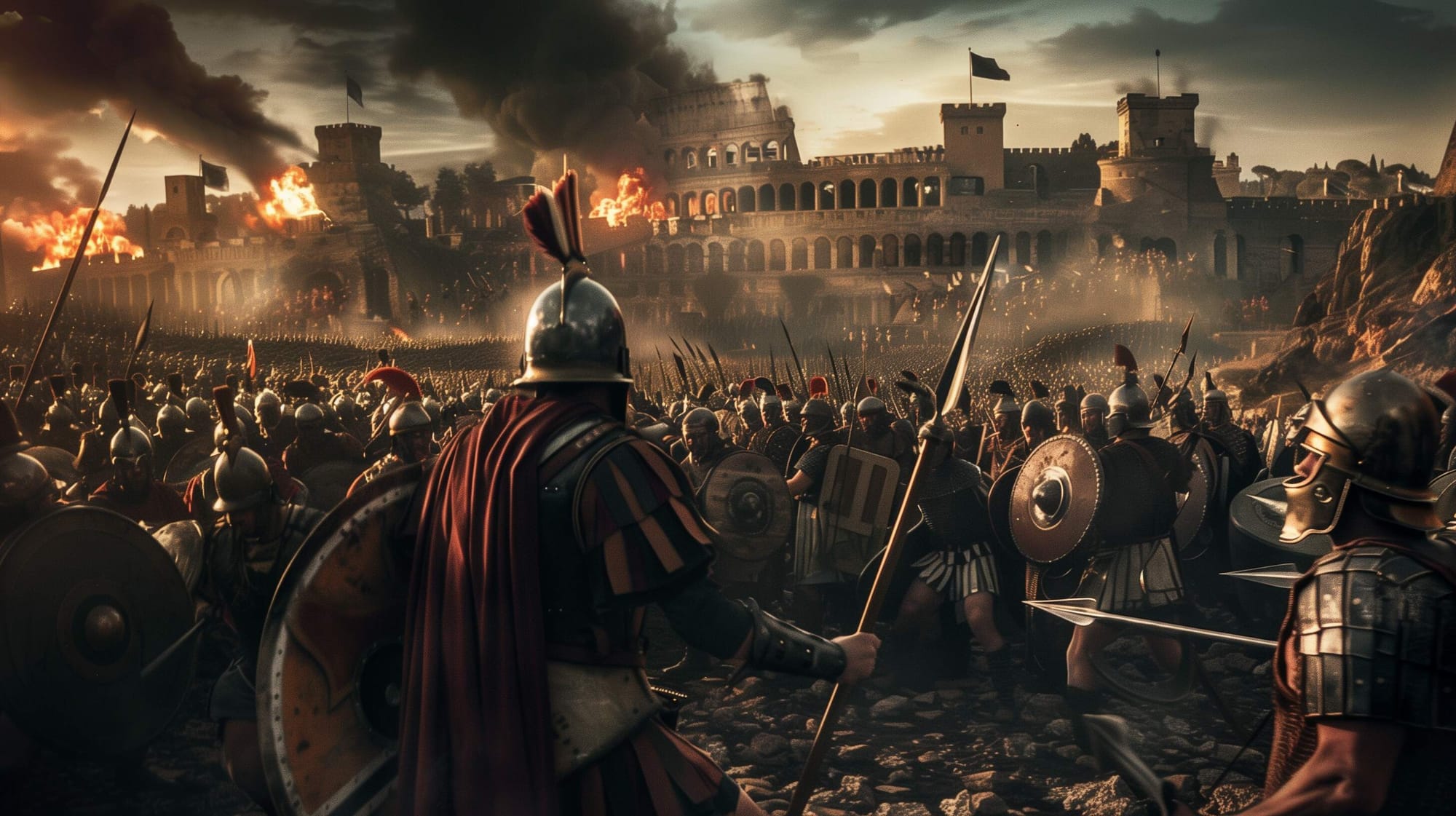
The end of the Roman Britain
Britannia's economy had become partly dependent on military occupation, with a significant industry focused on supporting military sites and catering to the domestic needs of soldiers. To ensure security, the province needed several standing legions. However, commanding these forces offered a prime power base for ambitious generals and usurpers, who repeatedly threatened imperial rule across the wider empire from the 2nd century AD onwards.
In AD 406, Alans, Vandals, and the Suebi crossed the Rhine into Roman territory, leaving Britannia in a precarious position. The region had to assert its own imperial authority by selecting Flavius Claudius Constantinus (Constantine III) to rule. Rather than fortify Britannia’s defences, Constantine declared himself emperor and took the remaining garrisons in an attempt to usurp the current emperor, Flavius Honorius.
This action left Britannia defenceless, leading the province's inhabitants to rise in anger and expel Constantine’s magistrates.
The Byzantine historian Zosimus blamed Constantine III for the expulsion, stating that he had allowed Saxon raids, and that the Britons and Gauls were driven to such desperation that they revolted from the Roman Empire. They "rejected Roman law, reverted to their native customs, and armed themselves to ensure their own safety."
The decline of Roman Britain can be traced back to an event known as the 'Great Conspiracy' in AD 367. During this time, the Roman garrison on Hadrian's Wall reportedly rebelled, allowing Picts from Caledonia to invade Britannia. This period also saw disorganised incursions by the Attacotti, Scotti, and Saxons, who landed on the island's mid-western and south-eastern coasts, thus signifying the end of Roman rule on the island.

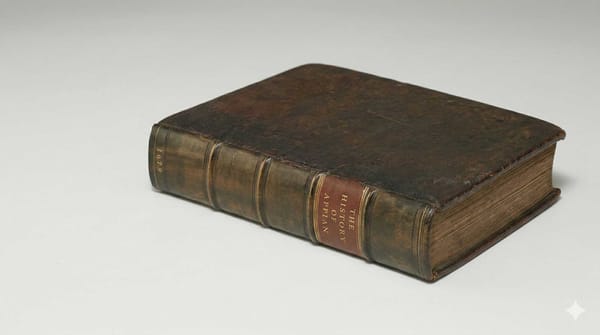
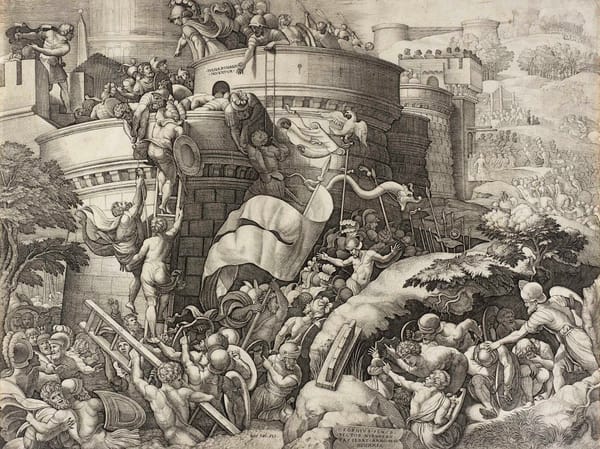
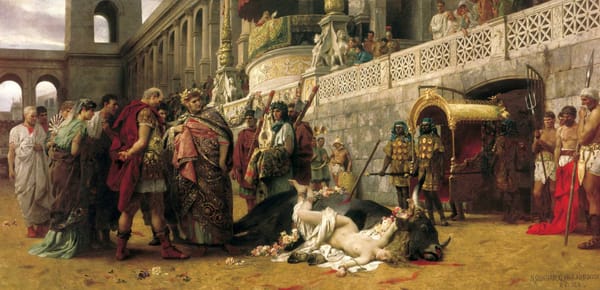
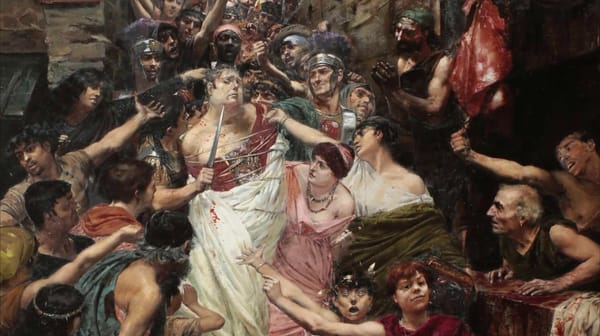
About the Roman Empire Times
See all the latest news for the Roman Empire, ancient Roman historical facts, anecdotes from Roman Times and stories from the Empire at romanempiretimes.com. Contact our newsroom to report an update or send your story, photos and videos. Follow RET on Google News, Flipboard and subscribe here to our daily email.
Follow the Roman Empire Times on social media: